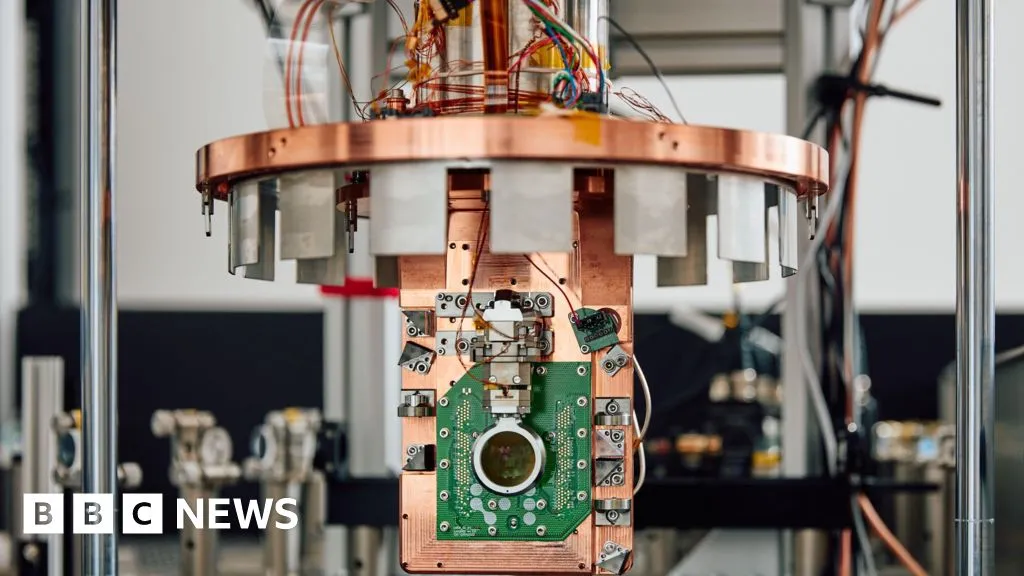Quantum Computers: Unraveling the Magic Behind Sub-Atomic Technology

Quantum Computers 'Like Magic': Insights from Oxford University Researchers
Quantum Breakthroughs in Computing
Researchers at Oxford University are illustrating how quantum computers operate as if they are 'like magic.' Harnessing the unique characteristics of sub-atomic particles, these computers can exist in multiple states simultaneously, a phenomenon known as superposition. This allows them to tackle complex problems far quicker than traditional computers.
The Power of Quantum Technology
- Superposition enables multiple possibilities to be processed at once.
- Entanglement ensures quantum particles are interlinked, enhancing computational capabilities.
- This technology promises advancements in fields such as cryptography, climate modeling, and artificial intelligence.
Future of Computing
The development of quantum computers signifies more than an incremental improvement; it marks a fundamental shift in our approach to technology. As more research and development occur in this area, the ramifications for industries are immeasurable.
For more details on quantum computing and its implications in the tech industry, visit the source.
This article was prepared using information from open sources in accordance with the principles of Ethical Policy. The editorial team is not responsible for absolute accuracy, as it relies on data from the sources referenced.